Summary
About the Webinar
In Part II of the MAIA Webinar: Wildfires and Forest Management, we are looking forward to learning about the activities of the EU projectsFIRELOGUE, SILVANUS and SAFERS! Join us on Friday 14th at 11:00-11:45 to find out more!
Part II: Projects and Speakers
1. FIRELOGUE
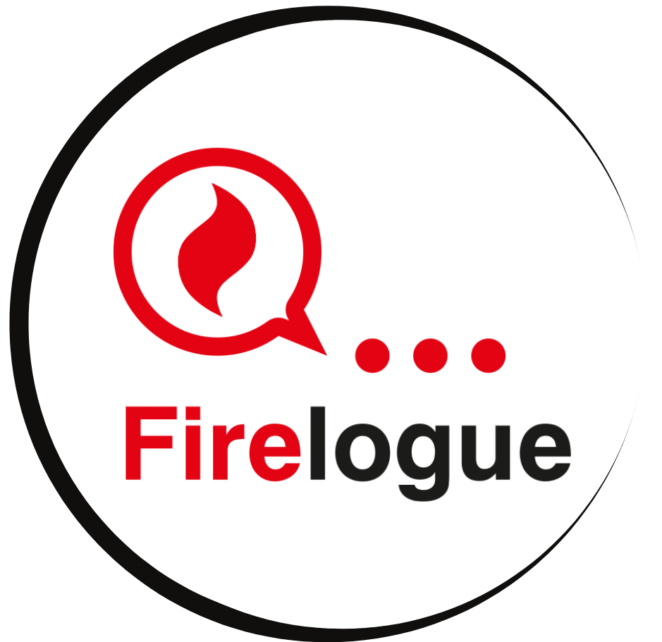
Firelogue is a European project, funded under the Horizon 2020 Green Deal Call, bringing together experts in the field of Wildfire Risk Management (WFRM) from across Europe. From researchers to civil society organizations, partners will use their vast knowledge and experience to develop fair and just measures for a European WFRM. The mission of the project is to create a space and the conditions to boost communication within the WFRM community and society, as well as retain and share the knowledge and the experiences gathered alongside the showcase of innovative actions and products. Firelogue aims to create a dialogue and empower the WFRM community to face the current and future wildfire challenges. Firelogue is going to act as an exchange enabler of knowledge through the aggregation of experience and best practices of all stakeholders.
2. SILVANUS: Integrated Technological and Information Platform for Wildfire Management
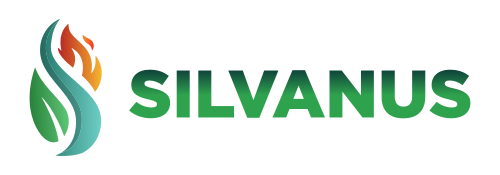
Funded by the EU Horizon 2020 Green Deal program and coordinated by Università Telematica Pegaso, SILVANUS project includes 49 partners from the European Union, Brazil, Indonesia, and Australia, with a budget of €23 million for a period of 42 months.
The SILVANUS project brings together a large consortium of interdisciplinary experts from four continents to combat the threat of forest fires and improve forest resilience against climate change.
The key output of the project is the release of a climate resilient forest management platform to prevent and suppress forest fire. SILVANUS relies on environmental, technical and social sciences experts to support regional and national authorities responsible for wildfire management in their respective countries. SILVANUS scientists and research engineers will aid the civil protection authorities to efficiently monitor forest resources, to evaluate biodiversity, to generate more accurate fire risk indicators, and promote safety regulations among the local population affected by wildfire through awareness campaigns.
3. SAFERS: Structured Approaches for Forest fire Emergencies in Resilient Societies

SAFERS ‘Structured Approaches for Forest fire Emergencies in Resilient Societies’ is in a mission to support societies becoming more resilient across the key phases of the forests fires emergency management cycle. The project is funded by the European Union under the Horizon 2020 programme and has officially started in October 2020 for a period of 3,5 years (2020-2024) with a budget of 3.25 million euros. It is coordinated by LINKS foundation and brings together 14 partners coming from 7 European countries: Italy, Greece, Finland, Germany, United Kingdom, France and Spain.
SAFERS has been creating an integrated platform featuring a forest fire Decision Support System. The platform uses information from different sources: earth observations from Copernicus and GEOSS, fire sensors in forests, topographic data, weather forecasts and even crowdsourced data from social media and other apps that can be used by citizens and first responders to provide situational in-field information. Such Big Data is processed using Artificial Intelligence algorithms to generate useful information: risk maps to better plan preparedness actions, early detection of active fires, fire propagation predictions, burned area and fire front delineation, impact assessment estimations, and habitat recovery maps. Moreover, the SAFERS Decision Support System suggests best practices according to the emergency phase (prevention and preparedness, detection and response, restoration and adaptation) and to the current situation using a semantic knowledge base. SAFERS was successfully demonstrated in Corsica (France) and Piedmont (Italy) whereas two other demos will be executed in Spain and Greece in the late 2023.
Speakers: Eduard Plana Bach: Head of Forest Policy and Risk Governance, Forest Science and Technology Centre of Catalonia and Lead of Working Group Environment/Ecology in Firelogue
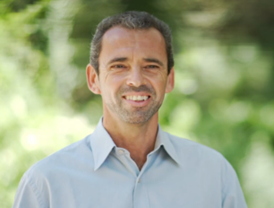
Forest engineer and Msc in Wildfire Risk Management (WFRM), he is the Head of Forest Policy and Risk Governance group at Forest Science and Technology Centre of Catalonia (CTFC). His main R+D activities deals with integrated WFRM, environmental governance and communication, and strategic forest planning looking into evolving relationships between forests and societies. He is currently leading the Working Group Environment/Ecology in Firelogue project, aimed at promoting the dialogue across stakeholders towards a more integrated and inclusive wildfire risk management, being risk awareness and community-based approaches two fundamental pillars. In synergy, he is leading fire-smart policy coherence and planning task within FIRE-RES, both projects funded by H2020 Research and Innovation Programme (Green Deal Call). Lovorko MarićSenior Project Manager at Micro Digital Ltd, Zagreb, Croatia- presenting project SILVARUS
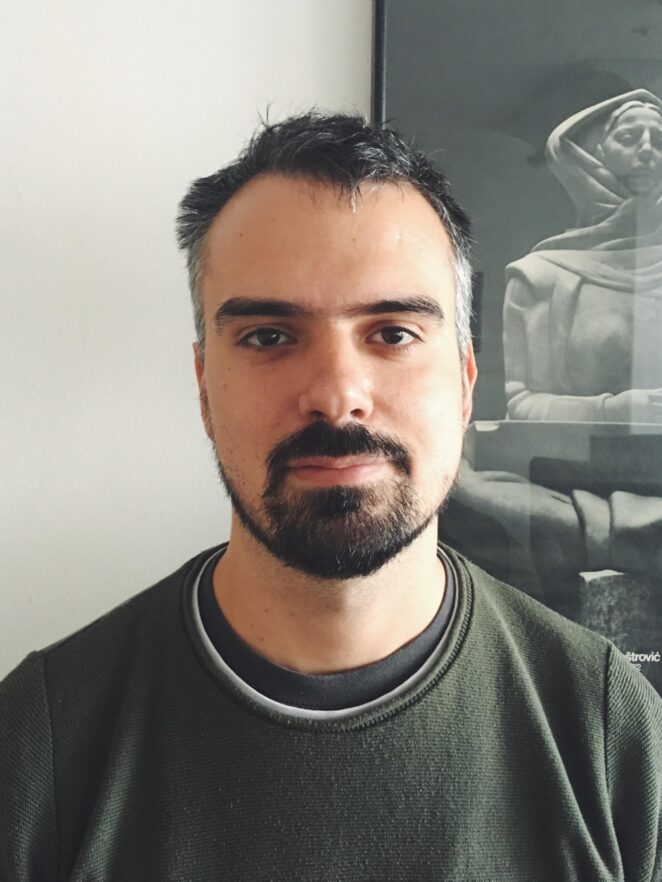
Lovorko Marić has more than ten years of experience in environmental and energy project management, and is currently working as a senior project manager for a Croatian SME Micro Digital Ltd. He has acquired two master’s degrees in environmental system sciences/geography and sustainability-oriented management at the Karl-Franzens University in Graz, Austria (including an exchange semester at Deakin University in Melbourne, Australia). Throughout his career, he has worked on environmental and social impact assessment studies (ESIA) for energy and environmental infrastructure projects in countries such as Bangladesh, Kosovo and Bosnia-Herzegovina, with a focus on stakeholder engagement and assessment of socio-economic impacts. Lovorko Marić has also worked on a number of EU-funded projects within the Interreg and Horizon programmes, in the field of energy efficiency evaluation and environmental sustainability. Within the SILVANUS project that he will presented at the webinar, he is working as a communication and dissemination coordinator.
Claudio Rossi presenting SAFERS project
Get involved in Part III
Our goal is to bring your EU projects to the spotlight and increase exposure to the work you do!
Part III of Webinar: Wildfires and Forest Management Part is on Friday the 21st July and we still have available spaces for speakers! If you would like to participate please get in touch with us atinfo@maia-project.eu, and share your contact details and a brief overview of your project. We look forward to hearing from you!
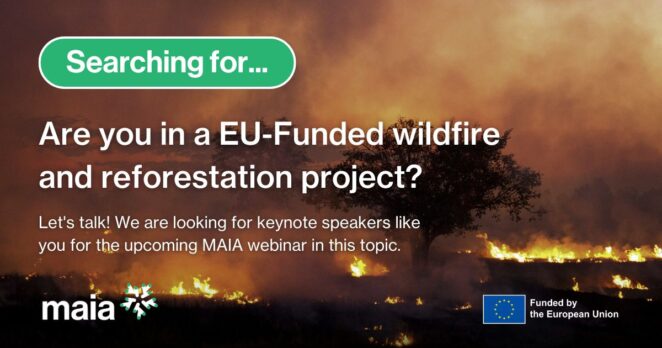
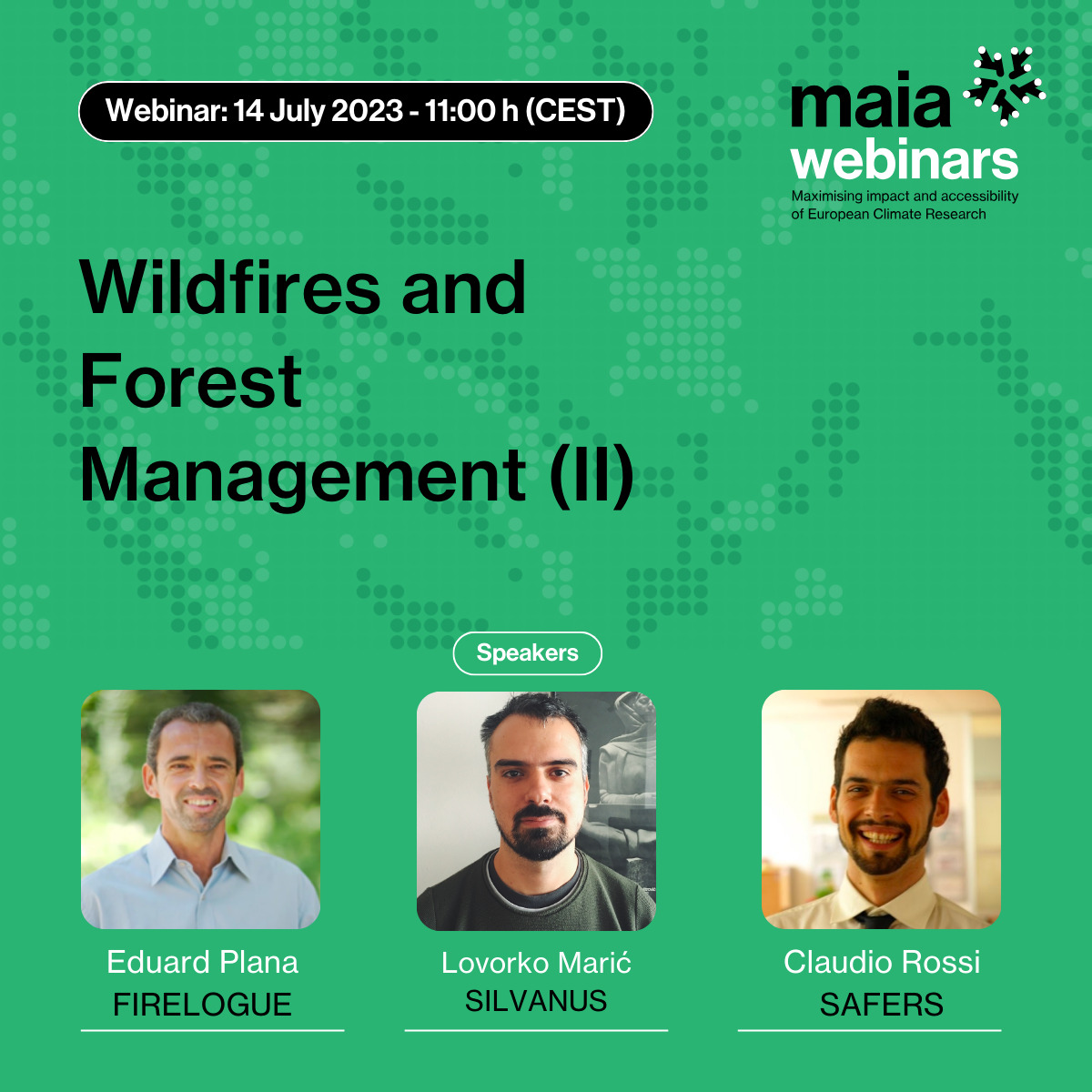
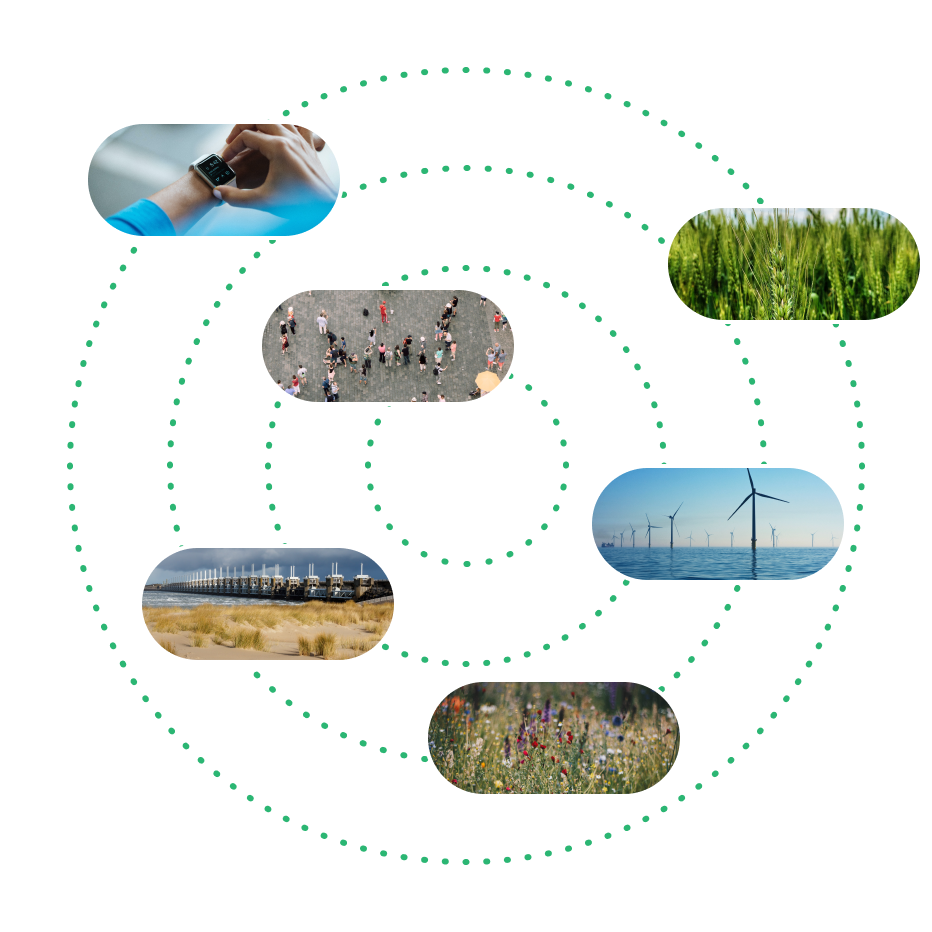
Comments
There is no contentYou must be logged in to reply.